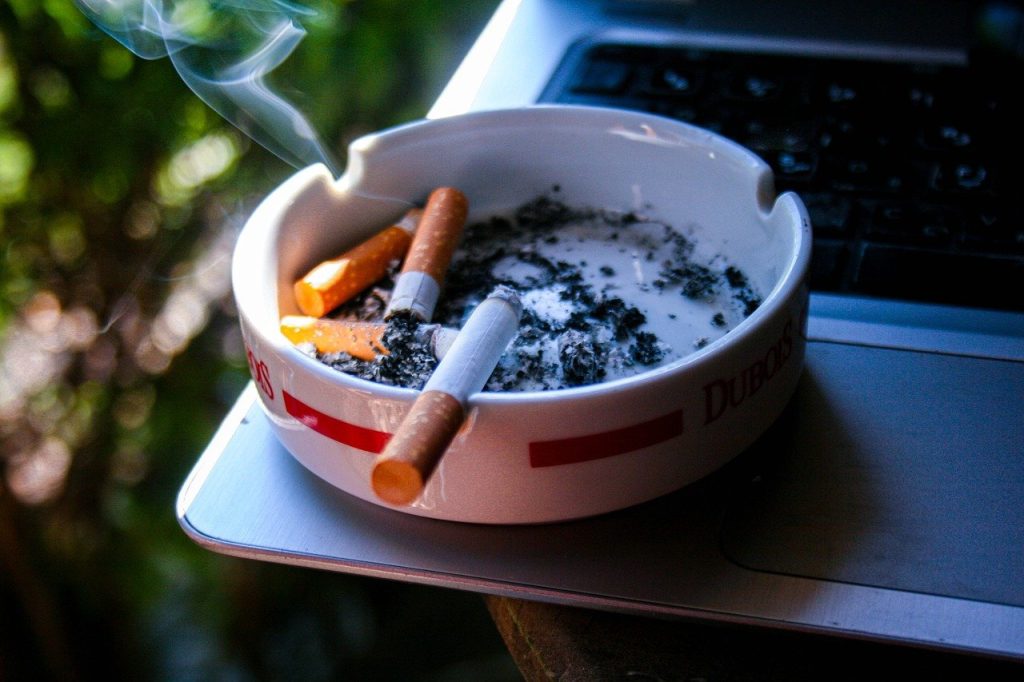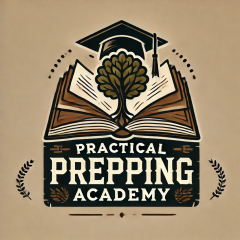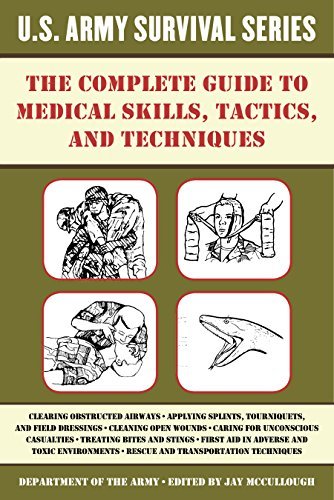
When it comes to emergency preparedness, many people focus on stockpiling supplies, creating evacuation plans, and learning survival skills. But there’s one crucial aspect of prepping that often gets overlooked: your health. The habits we form—good or bad—can either support or undermine our ability to handle emergencies effectively.
Habits like smoking, excessive drinking, relying on caffeine, and neglecting sleep can significantly impact your physical and mental readiness. In this post, we’ll explore how these habits hinder your preparedness and offer practical tips for breaking them.
Why Breaking Bad Habits is Crucial for Prepping
🚬 Smoking
The Problem: Smoking reduces lung capacity, making it harder to breathe in stressful conditions. In an emergency, you may not have access to cigarettes, leading to withdrawal symptoms.
The Solution: Quitting smoking improves cardiovascular health, stamina, and lung function, making it easier to endure physical tasks like carrying supplies or fleeing danger.
🍺 Drinking Alcohol
The Problem: Excessive alcohol impairs decision-making, weakens your immune system, and dehydrates your body. It also reduces alertness and increases injury risk.
The Solution: Moderating or eliminating alcohol consumption helps maintain mental clarity and physical endurance—critical in high-stress situations.
☕ Caffeine Dependency and Energy Drinks
The Problem: Relying on caffeine or energy drinks can lead to anxiety, dehydration, and energy crashes. Overuse disrupts sleep, leaving you fatigued when you need energy most.
The Solution: Reducing caffeine dependence helps your body regulate energy naturally, improving stamina and focus during emergencies.
😴 Sleep Deprivation
The Problem: Lack of sleep weakens your immune system, slows reaction time, and impairs decision-making. In a crisis, being well-rested is essential for staying alert.
The Solution: Prioritizing 7-9 hours of quality sleep ensures you’re focused, less stressed, and ready to handle challenges.
How to Break Bad Habits and Improve Your Health
🎯 Set Realistic Goals
Breaking habits takes time. Start small:
- Reduce cigarette consumption gradually or switch to nicotine replacement therapy.
- Cut back on alcohol by limiting drinks per week.
- Decrease caffeine intake by 25% each week.
🔄 Replace Bad Habits with Healthier Alternatives
Swap unhealthy habits for better ones:
- Replace smoking with deep breathing exercises or a short walk.
- Swap energy drinks with herbal teas, coconut water, or electrolyte drinks.
- Drink water or natural fruit juice when craving caffeine.
🔗 Read Addiction-Free Naturally for expert strategies!
🏋️♂️ Exercise Regularly
Physical activity releases endorphins, reducing stress and boosting mood. Whether it’s yoga, jogging, or weightlifting, exercise can replace dependency on substances like caffeine and alcohol.
🔗 Related article: The Importance of Personal Health and Fitness in Emergencies
🧘 Mindfulness and Stress Management
Many bad habits stem from stress or boredom. Practice mindfulness techniques like meditation, deep breathing, or journaling to manage stress without unhealthy crutches.
🔗 Related article: How to Manage Stress During an Emergency
🛌 Get Enough Sleep
Create a bedtime routine:
- Limit screen time before bed.
- Make your sleep environment comfortable.
- Avoid caffeine or large meals late in the day.
The Benefits of Healthier Habits for Emergency Preparedness
💪 Better Physical Stamina
Eliminating bad habits boosts energy and strength, helping you handle demanding tasks like carrying gear, walking long distances, or building shelters.
🧠 Enhanced Mental Clarity
Reducing reliance on caffeine, alcohol, and cigarettes leads to fewer energy crashes, less anxiety, and greater focus—essential for making quick, rational decisions.
🛡️ Stronger Immune System
Healthier habits strengthen your immune system, reducing the risk of illness during a crisis and improving recovery from injuries or illnesses.
🌟 Increased Resilience
Breaking bad habits builds physical and mental resilience, giving you better self-control, stress management, and adaptability in emergencies.
Start Today: Small Steps Toward Healthier Habits
You don’t need to make drastic changes overnight. Start with these small steps:
- Week 1: Cut back on caffeine or energy drinks by 25%. Aim for a consistent bedtime.
- Week 2: Replace one cigarette a day with a healthier habit like walking or breathing exercises.
- Week 3: Reduce alcohol consumption by one drink per week.
- Week 4: Add a 15-minute workout to your daily routine.
Final Thoughts
Breaking bad habits isn’t just about improving your health—it’s about preparing yourself to face emergencies with strength, clarity, and resilience. By quitting smoking, moderating alcohol, reducing caffeine, and prioritizing sleep, you’ll be better equipped physically, mentally, and emotionally to handle any crisis.
Your body and mind are your most important survival tools. Taking care of them is an investment in your future safety and well-being. Start today, and you’ll be ready for whatever tomorrow brings.
Join the Conversation
💬 What bad habits have you worked to break as part of your prepping journey? Do you have tips for quitting smoking, reducing caffeine, or improving sleep? Share your experiences and advice in the comments below! 👇



